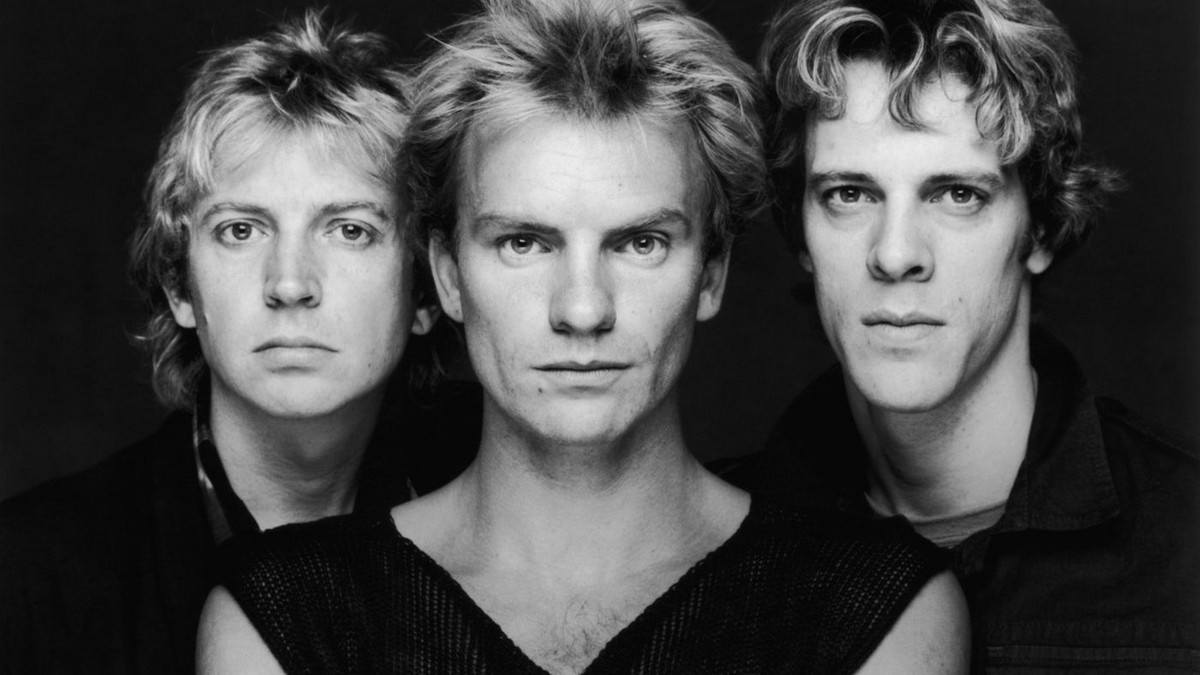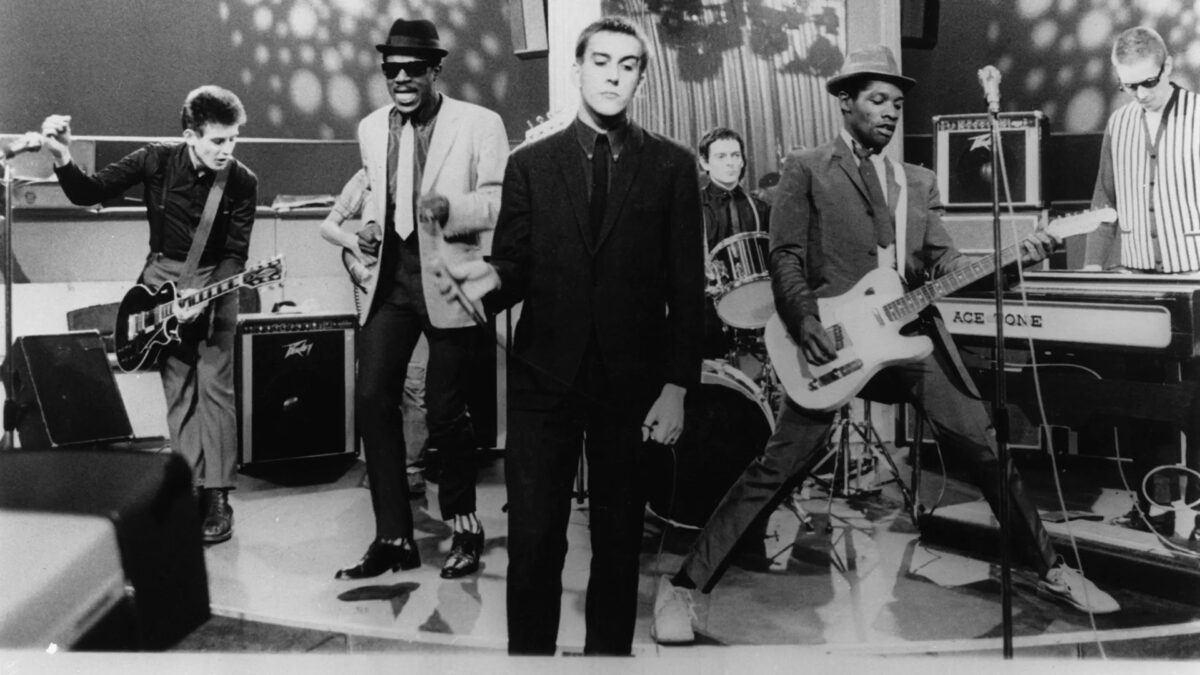A groove laced with memory
Like a startled gasp, the horns open fast and painfully, then settle into a rhythm that moves with self-conscious tension. Already crimson, embarrassed, and dressed in polished ska with a strong soul lining walks into the room. Released in 1980, just as Thatcher’s hold was tightening and London’s youngsters switched between pride and terror, the song seems like a shot seized mid-frown. While Suggs distributes the stanzas like a man reading out bad news at a family get-together, Lee Thompson’s saxophone moves in curves. Though there’s always something off-kilter, as if trying to maintain dignity while falling on the sidewalk, the melody moves with grace.
The words come from a wound too near to stitch. Inspired by Mike Barson’s sister’s real-life experience getting pregnant with a Black man, the song shows no hesitation. Famous for their lively, nutty appearance, insanity unexpectedly ceases the smile and exposes clenched teeth. No comic diversions, no theatrical winks. Just that crawling nausea of love judged, of different punished. The chorus’s repeating of “embarrassment” whispers in resignation rather than calls out. The overwhelming terror of what others could think dominates, not shame.
At the time, ska was sometimes written off as a retro playground for bad guys in pork pie hats. Madness, though, used it like a scalpel. Embarrassment cuts precisely. The tight structure, the glacial groove, the careful simplicity of the arrangement all lead the listener towards the pain. Already benefiting from One Step Beyond, the group risked estranging some of their fans. They did not blink. The single still entered the Top 5 in the United Kingdom. That refers less to mass tolerance than to the potency of the songwriting. Even while the words bother, a melody may seduce.
Embarrassment is about the turmoil in my family when my sister became pregnant by a black man, and how the shame and rejection she faced inspired me to write the song.
(Lee Thompson, BBC News Magazine, 2005)
The early ’80s in Britain were not noted for their softness. Racial tensions boiled, newspapers spat, and council estates bore the scent of broken futures. Madness sent a track into this storm that only showed a mirror and gave no responses. There is no answer in Embarrassment, only a decision: glance away or remain in the room. Overnight in the public eye, the group grew by acting thus. They weren’t only the song for dancehall shenanigans. They could also reflect back the more ugly realities.
Looking back now, the song plays like an ancestor to countless confessional tracks that wear their pain on their sleeve. It continues to be strangely elegant, as if grief had learnt to waltz. The production is stable; the feeling is still upsetting. Embarrassment is the time the mask slipped for a band usually lampooned in slapstick postures. What was underneath was neither wild nor resentful. It was just natural.



